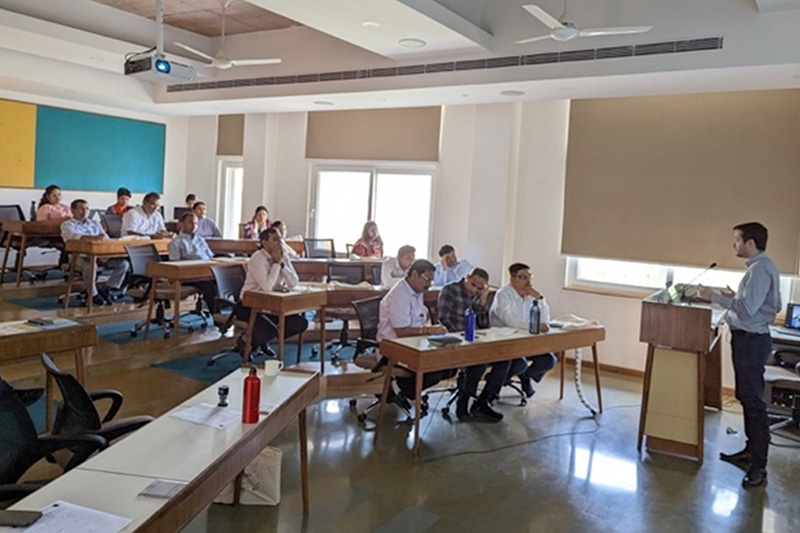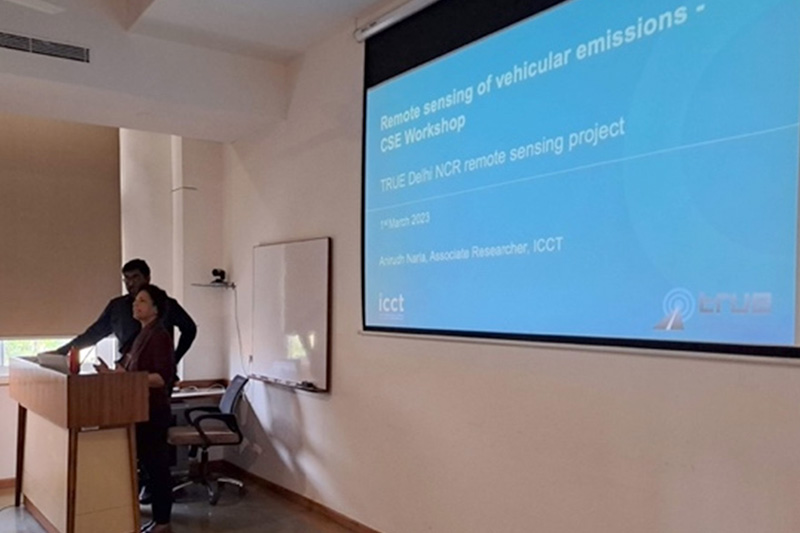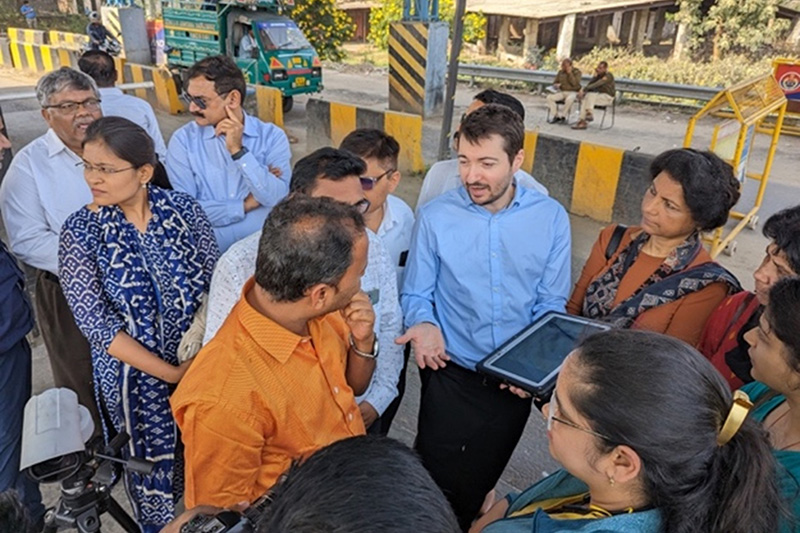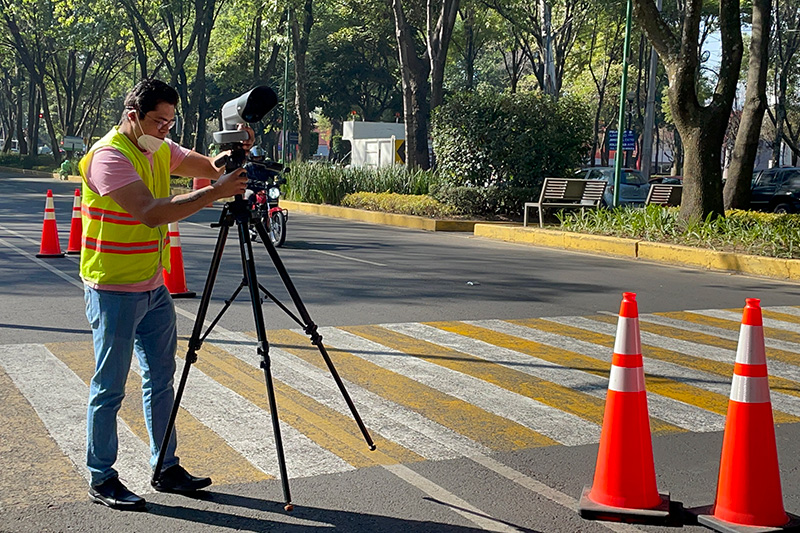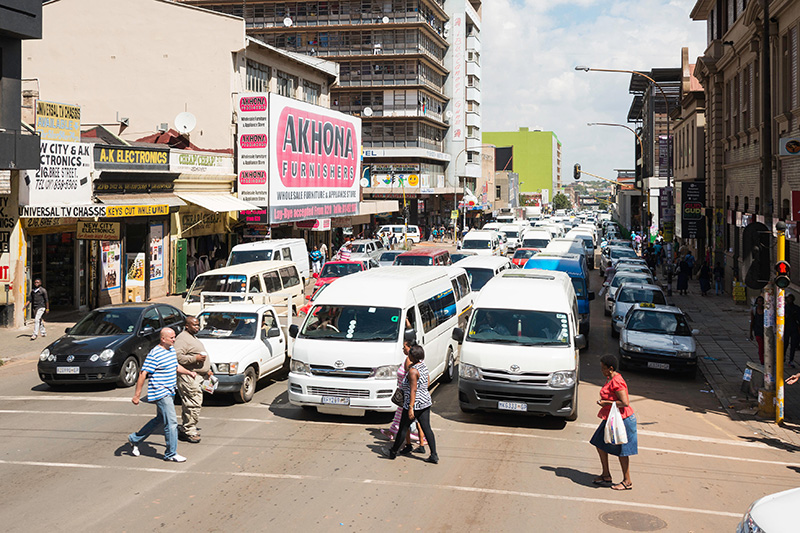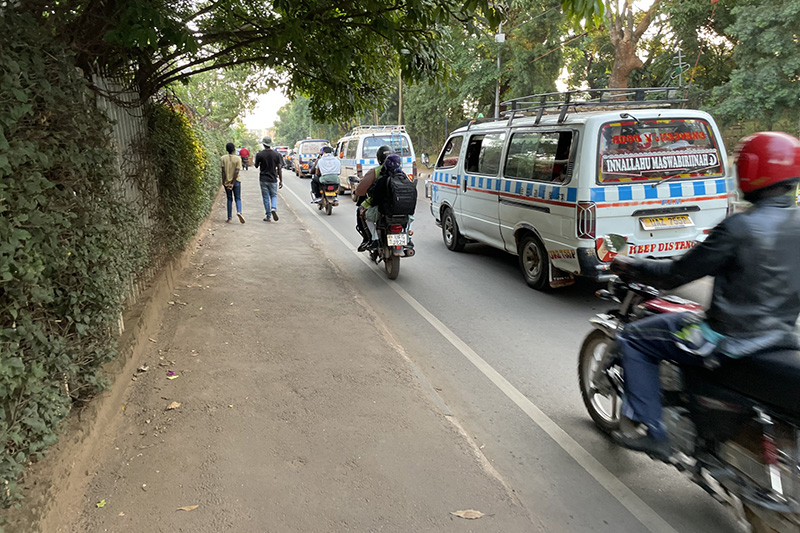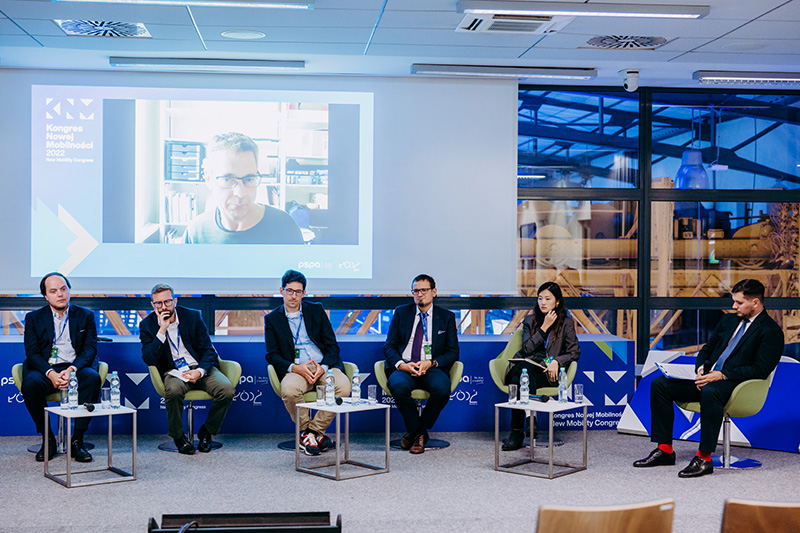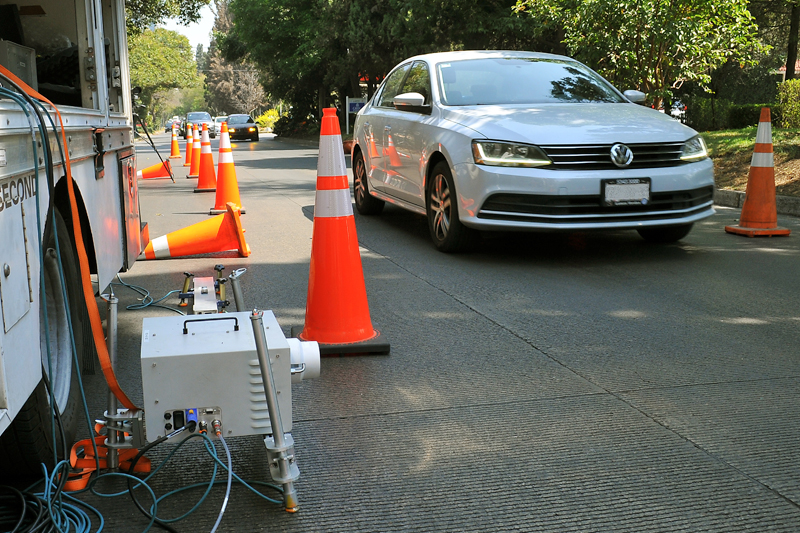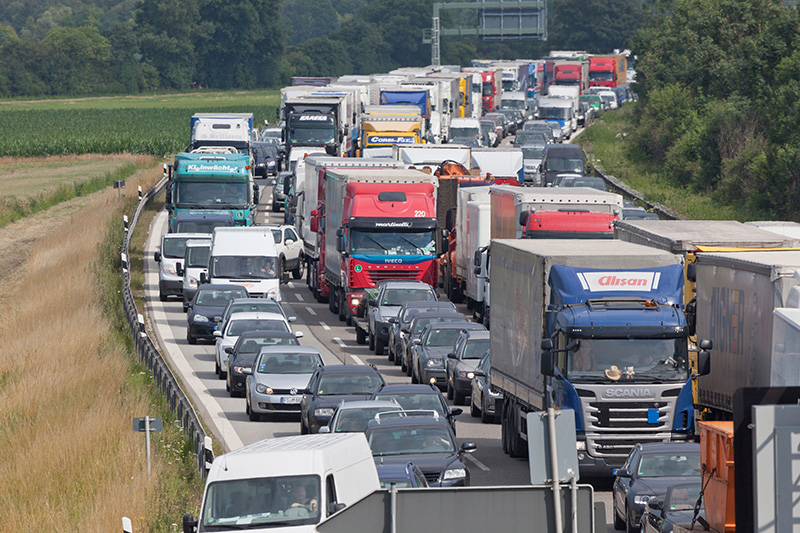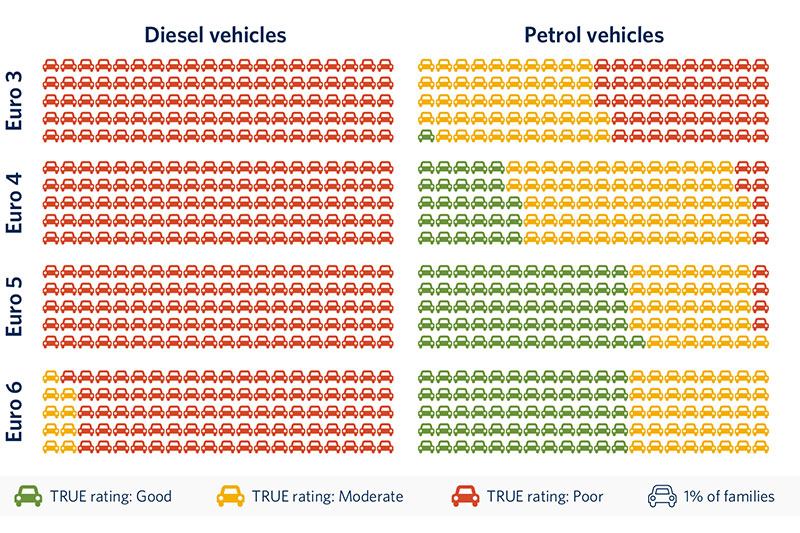TRUE leads Indian real-world emissions workshop
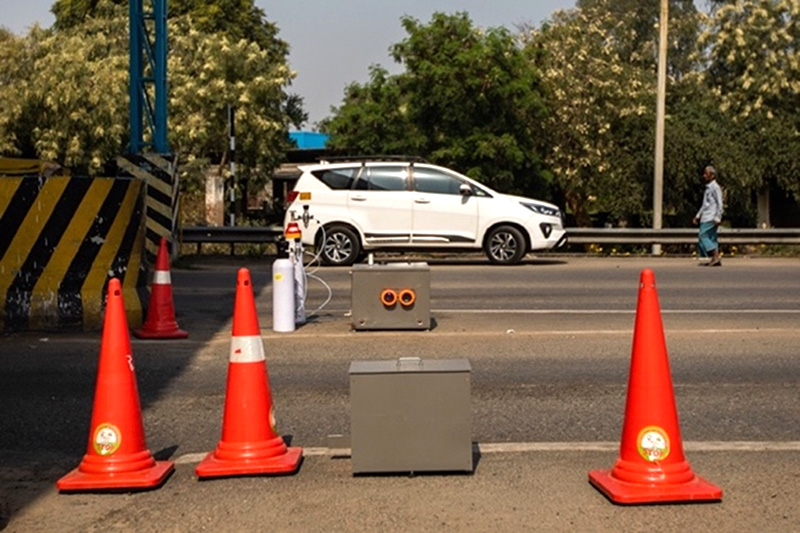
A TRUE Initiative workshop brought together key stakeholders from across India to discuss the benefits and uses of real-world emissions testing as a means to improve air quality on the subcontinent.
The event was designed as a companion to the newly launched TRUE Initiative study in New Delhi, the first testing for the Initiative in India. TRUE partner, the International Council on Clean Transportation (ICCT), supported the Center for Science and Environment to organize a workshop to help cities and states better understand how remote sensing technology can assist in improving real-world emission testing and regulation for transport vehicles.
The three-day workshop, which took place at the Anil Agarwal Environment Training Institute (AAETI) in Rajasthan, brought together representatives from various state and city transportation departments, traffic police, and state pollution control boards for a series of interactive discussions and excursions. Yoann Bernard, senior researcher and remote sensing cluster coordinator at the ICCT, led dialogues around the use and applications of remote sensing technology, as well as how to improve vehicle emissions monitoring and enforcement across India. Those in attendance also discussed the limitations of the current periodical technical inspection for emission — also known as the Pollution Under Control (PUC) certificate — the potential for a short dynamometer test, the use of On-Board Diagnostic, the future of On-board Emission Monitoring, and the need for an undetectable and contactless remote sensing testing to supplement the vehicle roadworthiness program.
Workshop attendees also participated in a site visit to view remote sensing technology currently deployed within the Delhi Capital Region.
By managing traffic-related pollution in cities through real-world emission testing and regulation, governments can improve air quality, reduce public health risks associated with air pollution, and mitigate the effects of climate change.
